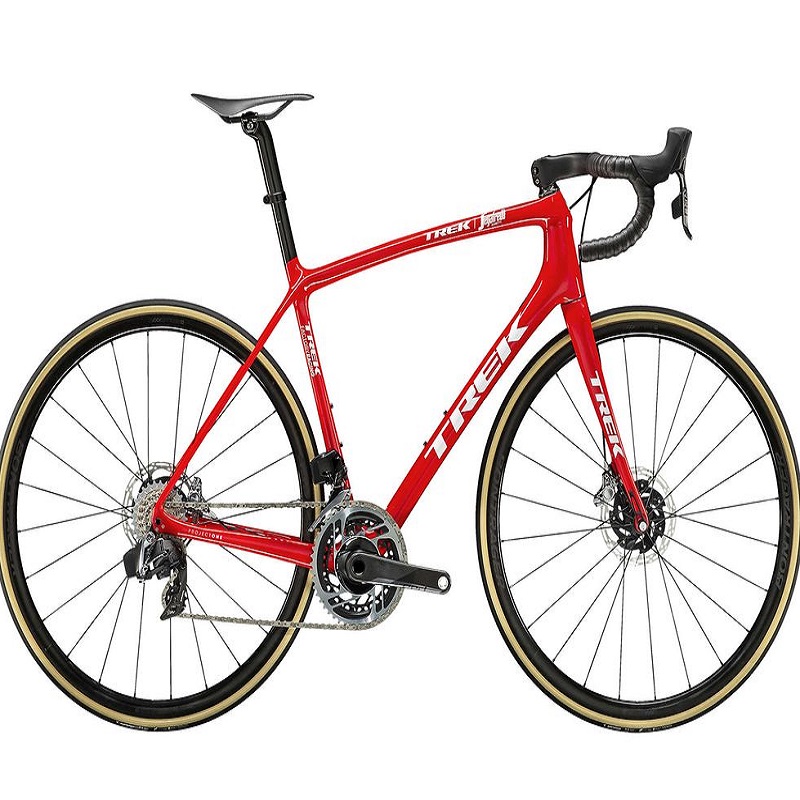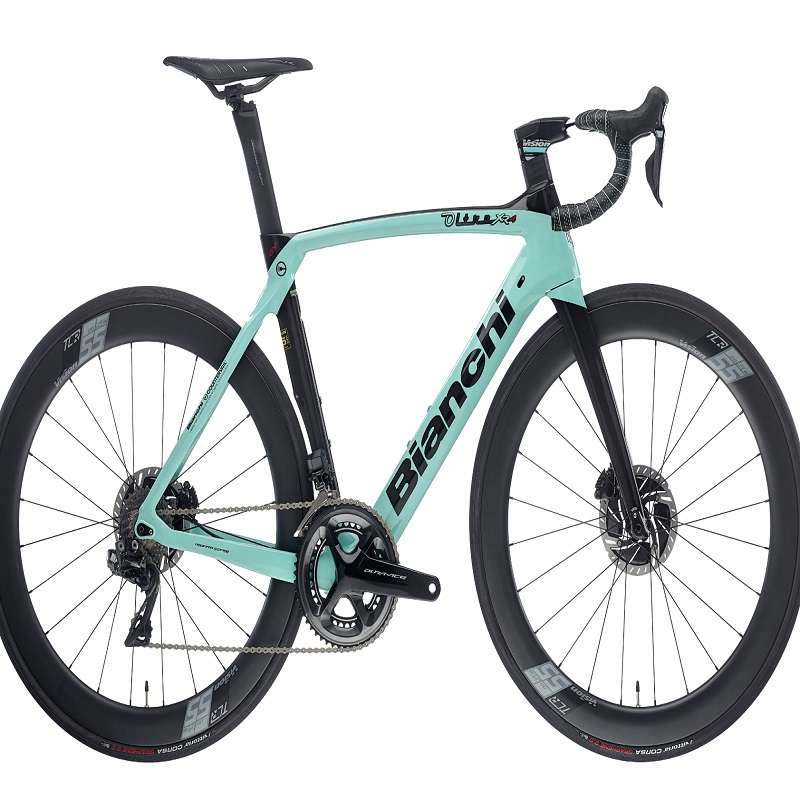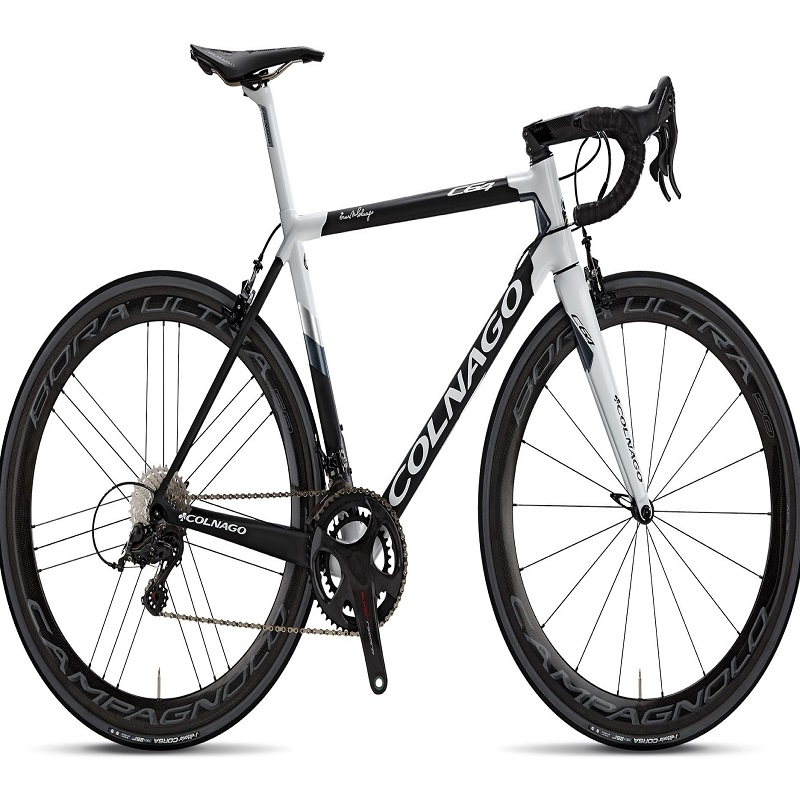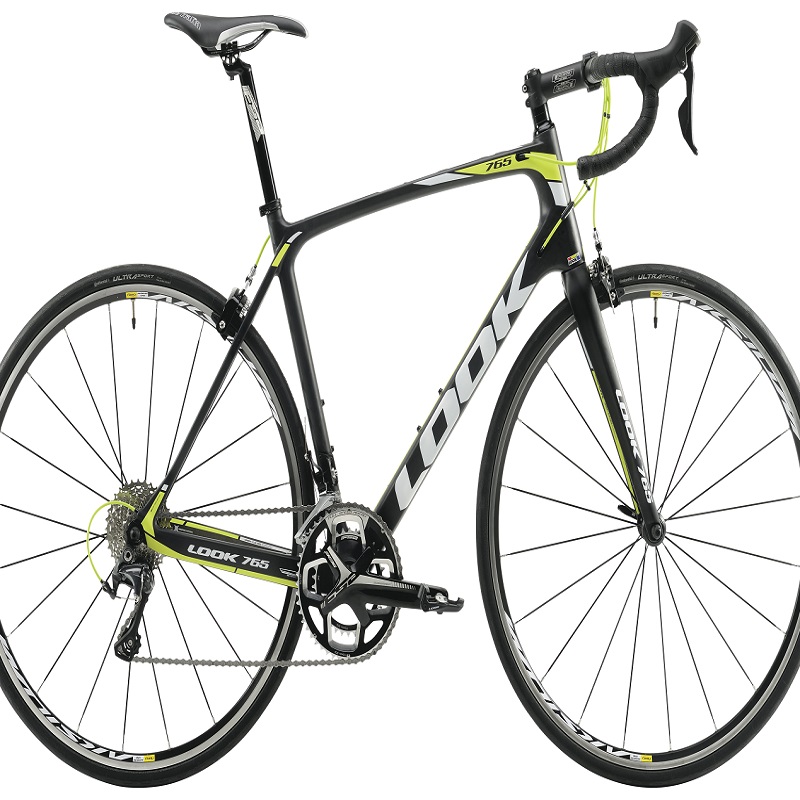The Quest for the Lightest Road Bike
When it comes to road cycling, the weight of your bike can significantly impact your performance. Lighter bikes allow for easier climbing, speedier rides, and enhanced maneuverability. Consequently, many cyclists find themselves on the quest for the lightest road bike available. It is essential, however, to choose a bike that not only offers minimal weight but also maintains performance and durability.
In this article, we will explore several leading brands in the market and how their lightweight models compare to one another. This guide will delve into key features, material composition, and performance metrics to help you make an informed decision. Whether you’re an amateur cyclist looking to enhance your riding experience or a seasoned pro aiming to shave seconds off your time, this comparison will assist you in selecting the right bike.
With that said, let’s dive into the factors that contribute to a road bike’s weight, the top contenders in the lightweight category, and what sets each one apart.

Understanding the Importance of Bike Weight
The Impact of Weight on Performance
Bike weight plays a crucial role in various aspects of cycling, particularly for competitive riders.
- Acceleration and Speed: Lighter bikes accelerate more quickly. When climbing hills or sprinting, a lighter bike requires less effort, enabling cyclists to maintain higher speeds with less fatigue. This is particularly beneficial in competitive cycling, where seconds can make a significant difference.
- Maneuverability: Additionally, lighter bikes are generally more agile, making them easier to handle during sharp turns or technical descents. This quality becomes increasingly important during competitive events or demanding biking conditions. Riders report feeling more confident with lightweight bikes, especially on difficult terrains.
- Overall Rider Experience: The weight of a bike also influences the overall riding experience. Cyclists may feel more comfortable and enjoy longer rides when their equipment is easy to manage. Furthermore, lighter bikes often lead to less fatigue, allowing cyclists to push themselves further without the same level of strain.
In essence, the choice of a lightest road bike is not just about the numbers; it’s about enhancing performance and overall enjoyment on the road.

Top Lightweight Road Bike Brands
Specialized: Pushing the Limits of Design
Specialized has long been a frontrunner in bike technology and innovation. Known for its advanced engineering and high-performance products, Specialized caters to serious cyclists seeking to maximize their riding potential.
- Key Features: The brand’s lightweight models, particularly the S-Works Tarmac SL7, manage to weigh as little as 14.5 pounds. Made with exceptional high-grade carbon fiber, these bikes are designed for both performance and durability. The SL7 model is engineered for aerodynamics, allowing riders to enjoy a smooth and swift riding experience.
- Performance Metrics: Specialized’s S-Works Tarmac is well-regarded for its stiffness and responsive handling. Cyclists often report enhanced speed and an excellent climbing experience, making this bike a favorite among competitive riders. What sets it apart is how it balances lightness with stability, allowing riders to take on aggressive turns without hesitation.
- User Feedback: Many riders praise Specialized for its balanced design, often noting that the combination of light weight and aerodynamic features leads to a transformative ride. Overall, Specialized offers great versatility, making it suitable for both competitive scenarios and long recreational rides.
Trek: Innovation Meets Functionality
Trek is another leading brand that emphasizes weight-saving technologies while ensuring top-notch performance.
- Flagship Models: The Trek Émonda ALR and SLR series are particularly noteworthy. The SLR 9 model weighs around 15.5 pounds. Utilizing Trek’s proprietary OCLV Carbon technology, these bikes are built to be lightweight without sacrificing strength or performance.
- Rider Experience: Additionally, users often comment on the bike’s versatility, making it suitable for both racing and recreational rides. The sleek design complements the stunning performance, and many riders note that the bike feels responsive during climbs while also being comfortable on flat terrain.
- Competitive Edge: Trek also places a strong emphasis on aerodynamics, which ensures that light weight does not come at the cost of speed. Their rigorous testing methods emphasize real-world performance, which is crucial for serious cyclists, particularly those competing at higher levels.

Comparing Performance and Features
Performance Metrics: Weight vs. Comfort
When evaluating the lightest road bike, it’s essential to consider how weight affects comfort and overall performance.
- Riding Styles: Lightweight bikes are often preferred by climbers and sprinters; however, comfort over long distances is crucial. Different brands prioritize these aspects differently, making it imperative to know your preferred riding style. For instance, a rider focused on long endurance rides might prioritize comfort over an ultra-light frame.
- Fit and Feel: Each brand offers various geometries tailored to different types of riders. For example, some bikes may provide a more aggressive riding position conducive to racing, while others focus on a more relaxed position suitable for endurance. Knowing what feels best for your riding habits is key to enhancing your cycling experience.
Material Composition: Carbon Fiber vs. Aluminum
Another critical factor in bike weight is the material used to construct the frame.
- Carbon Fiber: While generally more expensive, carbon fiber offers the greatest weight reduction and stiffness. Brands like Specialized and Cannondale leverage this material for high-performance models, making them favorites among serious cyclists. The recent advancements in carbon tech have ensured that models are not only light but incredibly durable.
- Aluminum: Aluminum bikes, such as some models from Trek, are typically more budget-friendly and offer decent weight capabilities. While they may not be as light as carbon bikes, advancements in aluminum technology mean many models still deliver great performance and durability for both casual and serious cyclists.
- Durability and Maintenance: It’s important to note that while carbon fiber bikes offer superior weight advantages, aluminum bikes often provide greater durability and ease of maintenance. Riders who frequently experience rough terrains or plan extensive rides might find aluminum to be a practical option. Furthermore, many cyclists appreciate the straightforward repairs associated with aluminum frames.
Price Points and Budget Considerations
The price of the lightest road bike can vary significantly based on features, materials, and brand.
- Premium Prices: High-end models from brands like Specialized, Trek, and Cannondale can exceed $10,000 depending on the specifications. These bikes typically offer cutting-edge technology, exceptionally lightweight frames, and competitive advantages revered by professional cyclists. Although the investment is substantial, many find the performance gains to be worth the cost.
- Mid-Range Options: There are also excellent mid-range options available, generally falling within the 2,500to5,000 range. Bikes in this category may utilize aluminum frames or slightly heavier carbon options yet still provide exceptional performance for most cyclists. These models often serve as great stepping stones for avid amateur cyclists.
- Value for Money: Ultimately, consider what you are willing to spend versus the features that matter most. Investing in a lightweight road bike can lead to long-term benefits, such as improved performance, greater enjoyment, and enhanced fitness. Moreover, understanding the long-term impact on your riding can help justify the initial purchase.
Assessing User Experience Across Brands
User experiences can vary significantly across different brands and models of lightweight road bikes.
- Rider Testimonials: It’s wise to explore what actual users have reported about their experiences. Many riders highlight the importance of comfort on long rides, noting that some models are easier on the back and shoulders than others. Feedback from cycling communities can help you uncover nuances that standard reviews might miss.
- Support and Service: Customer service and support from the manufacturer can make a significant difference. Brands like Trek and Specialized typically have extensive support networks, which can enhance the overall ownership experience by offering assistance on maintenance and repairs. Knowing you have reliable support can give you peace of mind when making your purchase.
- Community Feedback: Engaging in cycling forums or talking to fellow cyclists can also provide insights that you won’t find in official reviews. Personal anecdotes and recommendations might point you towards models that meet your specific requirements, as firsthand experiences usually hold great value.

Making the Final Decision
Test Rides and Fit
Ultimately, when choosing the lightest road bike, the most critical step is to test ride several different models.
- Finding the Right Fit: It’s essential to ensure that the bike fits you perfectly. A well-fitted bike provides greater comfort and efficiency, ensuring that you can ride longer without discomfort. Many local bike shops offer the opportunity to demo bikes, which can be invaluable in your decision-making process.
- Comparing Ride Feel: During test rides, pay attention to how each bike feels in terms of handling, responsiveness, and overall comfort. Different models may feel different even if they are similarly priced or spec’d.
Future Considerations
Lastly, consider your long-term cycling goals when purchasing your lightest road bike.
- Commitment to Cycling: If you envision cycling becoming a significant part of your life, investing in a high-quality bike is a wise choice. A dependable, lightweight bike can enhance your ability to tackle various terrains and improve your performance over time.
- Potential Upgrades and Accessories: Look into accessories and upgrades that may come in handy later. High-quality pedals, a fitting saddle, and even smart tech devices can all augment your riding experience.

Choosing the Right Lightest Road Bike for You
In conclusion, the search for the lightest road bike requires careful consideration of various factors, including weight, performance, brand reputation, materials, and price. From the innovative designs of Specialized and Trek to the refined technologies employed by Cannondale, it is essential to identify what aligns with your cycling goals and personal preferences.
By comparing the features and performance metrics, you can make a more informed decision that suits your riding style and budget. Whether you’re an aspiring competitor or simply an enthusiast looking to enhance your experience, choosing the right lightweight road bike can truly transform your cycling journeys.
As the landscape of road cycling continues to evolve, staying informed on the latest products and technologies will only enhance your experience on the road. So, get ready to explore your options and pedal your way to new heights in your cycling adventures!
